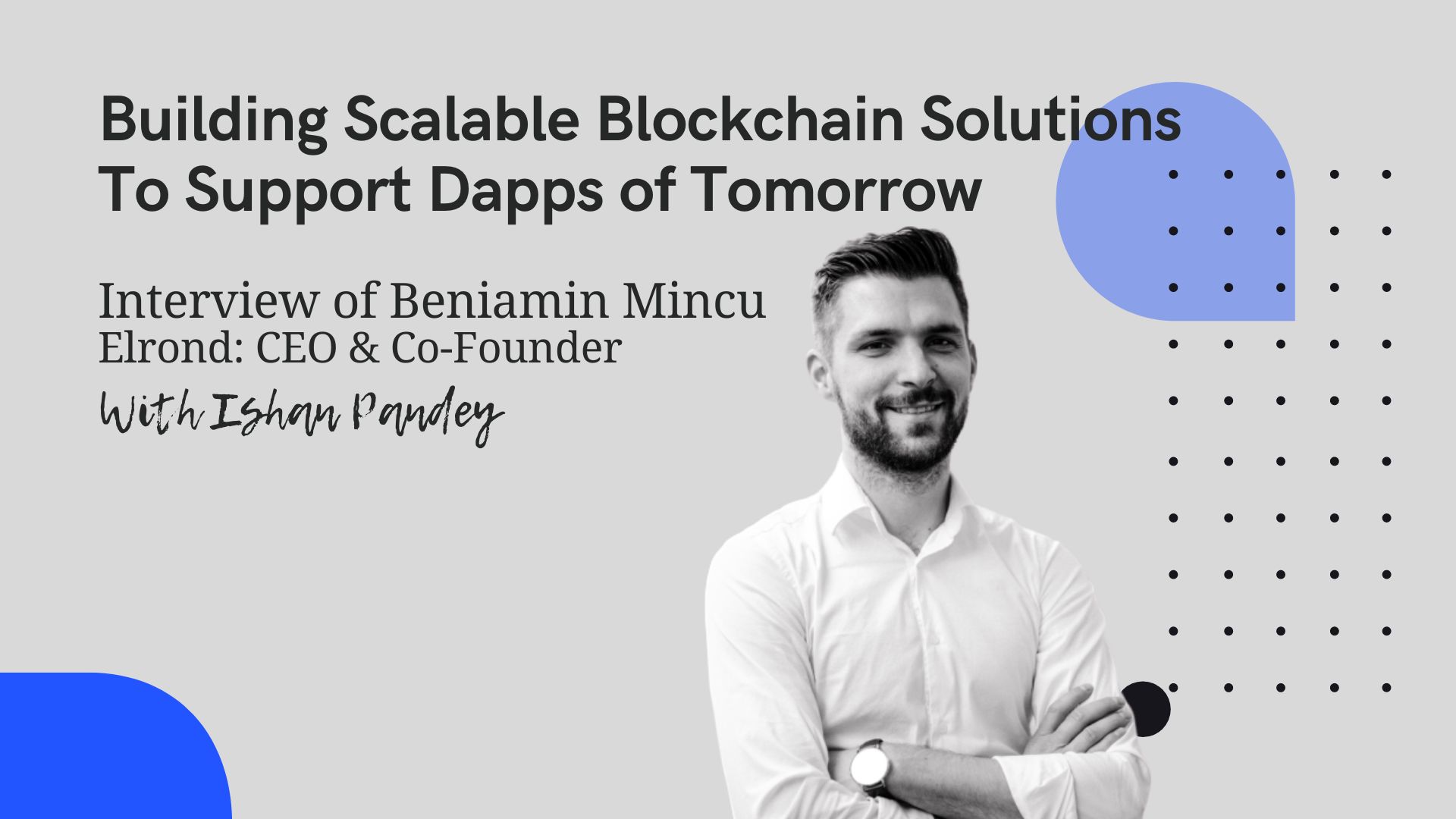1,282 reads
Building Scalable Blockchain Solutions To Support Dapps of Tomorrow - An Interview
by
July 19th, 2020

Building and Covering the latest events, insights and views in the AI and Web3 ecosystem.
About Author
Building and Covering the latest events, insights and views in the AI and Web3 ecosystem.
